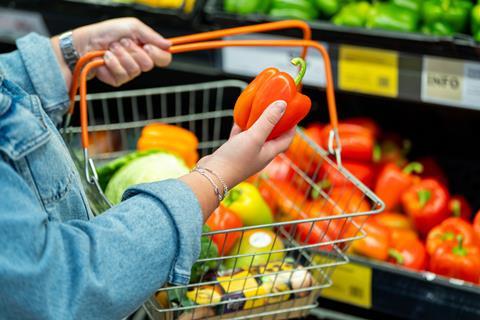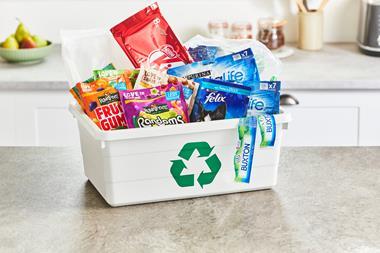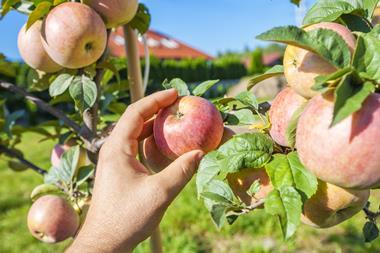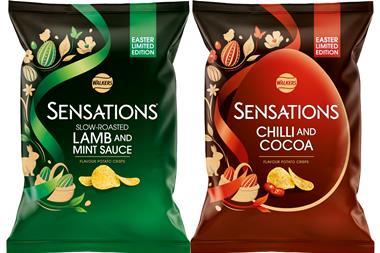
The UK government’s post-Brexit import charges could hinder its efforts to get Brits to eat more healthy foods, the boss of a logistics giant has warned.
Costly new import controls on EU fresh produce entering the country, set to roll out at the end of the month, would result in less availability and higher prices of fruit & veg, said Mike Parr, director at PML Seafrigo, which specialises in chilled goods logistics.
This would in turn make it harder for shoppers to access and afford fresh goods, risking the government’s push towards healthy foods as part of its anti-obesity strategy, he argued.
“Post-Brexit, there is a growing reluctance to export fresh produce to the UK because it is now fraught with bureaucratic policies and red tape and this latest additional cost is just further ammunition for that argument,” Parr said.
“All this at a time when we were under the impression that the government was encouraging the nation to consume more fresh produce as part of the drive towards a healthier lifestyle – this will ensure the exact opposite result.”
Part of the government’s guidance and regulatory efforts in recent years – including the move away from products that are high in fat, salt and sugar – has been to encourage Brits to consume healthier foods in attempts to alleviate the burden on the NHS of obesity-linked diseases.
But last week’s announcement of an imports levy on some fresh produce and plants – also known as the common user charge, which could go up to £145 for every consignment arriving via the Port of Dover or Eurotunnel – will result in more price hikes for those “essential food items”, the industry has warned.
“Once again, the consumer will ultimately pay the price, not just due to the inflated cost of these goods, but also via a reduced availability of certain food items,” Parr said.
The charge was “yet another blow to the already fragile fresh produce sector, which has already been hit by so many additional costs and challenges due to the post-Brexit border control plans”, he added.
Read more: Brexit import charges will ‘cripple the industry and drive up food prices’
British importers, as well as their EU exports counterparts, have already been paying higher customs fees since 2021, when the UK officially left the bloc.
And earlier this year, new export health certificates were introduced on some goods considered medium and high-risk, such as meat, dairy and fresh produce.
Further controls, including SPS checks on imported goods, will roll out from 30 April.
A Defra spokesperson said the new border controls were being introduced progressively, following extensive consultation with industry, and were “necessary to protect the UK’s biosecurity from potentially harmful pests and diseases”.
“For fresh fruit & vegetables in particular, a temporary easement on imports from the EU, Switzerland and Lichenstein will allow additional time for businesses to adapt to the new requirements, ensuring a smooth supply of goods for consumers”, the spokesperson said.
Despite the temporary easement, industry is particularly worried that small businesses relying on groupage to bring in smaller quantities of mixed goods into the country, such as independent retailers, delis and fruit & veg importers, will not be able to absorb the costs.
The new Border Target Operating Model also specifies that the fee could be reviewed and updated in the future.
“The fact that this fee will be reviewed and updated annually by Defra is itself worrying. It could easily be increased in 12 months’ time,” Parr said. “The government is effectively asking businesses such as ours to collect taxes on their behalf.”



















No comments yet